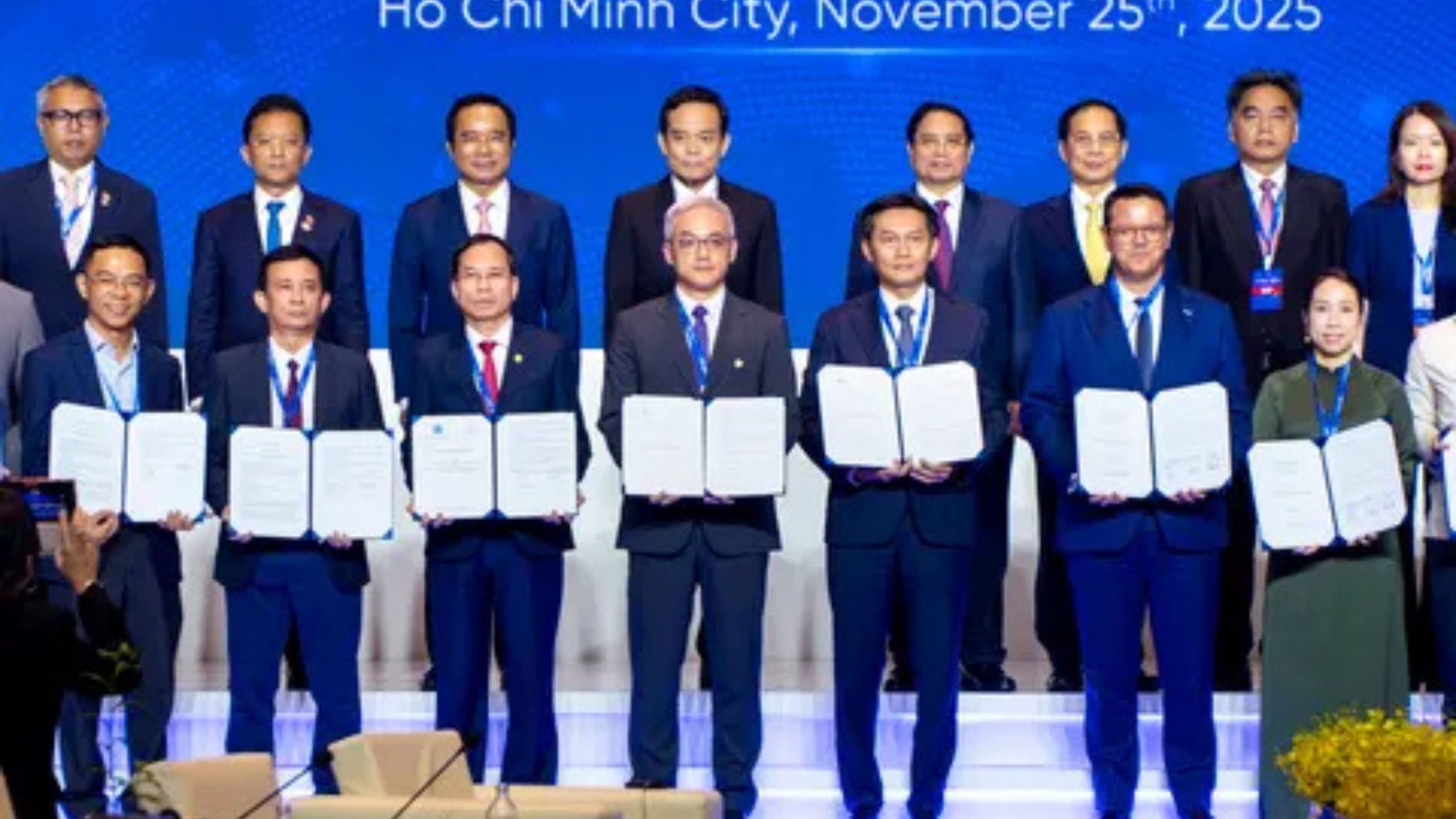AsiaTechDaily – Asia's Leading Tech and Startup Media Platform

NUS Launches S$150M VC Programme to Boost Deep Tech Start-Ups
The National University of Singapore (NUS) has launched a new S$150 million (US$116 million) venture capital initiative to strengthen the growth of deep tech start-ups emerging from research and development. Led by NUS Enterprise, the university’s entrepreneurial division, the programme is the first of its kind by a university in Asia and aims to close key funding gaps that often hinder early-stage innovation.
The bulk of the funding—S$100 million—will go into a dedicated venture fund supporting start-ups and spinouts within the NUS ecosystem. This includes companies nurtured under the National Graduate Research Innovation Programme (GRIP), which helps researchers turn lab-based discoveries into market-ready solutions. The move comes as Asia faces a steep decline in venture funding, with early-stage investments reaching a 10-year low.
In a region facing a sustained slowdown in venture capital activity, the NUS VC Programme provides a timely boost for research-based start-ups, which typically require longer development timelines and face higher technical risks. Early-stage funding in Asia dropped to a decade low of SGD 85 billion in 2024, with seed investments falling 5% to SGD 38 billion. By addressing the gap between proof of concept and commercialization, the NUS initiative aims to provide both funding and expert guidance to help ventures move forward.
Two core components anchor the initiative. First, NUS will invest SG$50 million over three years into selected venture capital firms with strong experience in backing early-stage deep tech. These firms will work closely with founders to offer structured, hands-on support, including mentoring, strategic advice, and access to global networks.
Granite Asia and 4BIO Capital are the first two VC partners appointed under the programme. Granite Asia brings decades of experience investing in breakthrough technologies, while 4BIO Capital focuses on advanced therapeutics and life sciences. Both firms are expected to help NUS-affiliated start-ups sharpen their business strategies and prepare for long-term growth.
The second component involves a SG$100 million investment fund managed by NUS, designed to co-invest alongside these VC partners in promising start-ups. The fund will offer flexibility in deal structuring and ensure that high-potential ventures receive the capital they need at critical growth stages.
Start-ups emerging from the National Graduate Research Innovation Programme (GRIP) are among the key beneficiaries. GRIP currently provides up to SGD 250,000 in seed funding, helping researchers commercialize lab-based discoveries. However, many of these ventures require follow-on investment and strategic support to scale — a gap the VC Programme seeks to fill.
By aligning capital with research and experienced venture support, the programme distinguishes itself. Selected VC firms will offer not just funding but deep operational insights, fundraising preparation, and market entry strategies. This collaborative model aims to build stronger, more resilient companies equipped to compete globally.
Image credits: NUS

